Results
-
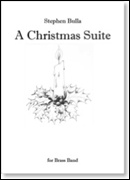 £48.95
£48.95CHRISTMAS SUITE, A (Brass Band) - Bulla, Stephen
First published in 1984, this has always been a popular work for brass bands all over the world. This new edition is now available with a full score. Lasting about eight minutes, the three movement suite includes settings of Wassail Song, Lo, how a rose e're blooming, and to finish a 'Pot-pourri' bursting with tunes and energy.
Estimated dispatch 7-14 working days
-
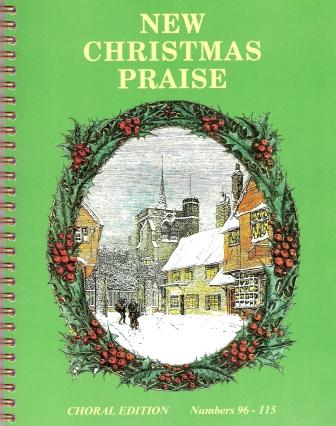 £6.99
£6.99New Christmas Praise 96 - 115 Choral Edition
A full vocal music/accompaniment edition,this supplementary album contains 20 Christmas songs which will enhance the choral repertoire.Contents :96. Deck the hall 97. Frosty the snowman 98. Have yourself a merry little Christmas 99. Here we come a-wassailing 100.Jingle Bells 101.I saw Mommy kissing Santa Claus 102.O Christmas tree 103.Patapan 104.Rudolph, the red-nosed reindeer 105.Santa Claus is comin to town 106.Sleigh ride 107.The Boars Head carol 108.The twelve days of Christmas 109.The Christmas Song 110.We wish you a merry Christmas 111.When Santa got stuck up the chimney 112.Winter Wonderland 113.When a child is born 114.Worldwide Christmas message 115.Auld Lang Syne
Estimated dispatch 7-14 working days
-
£80.00
A Tallis Anthem (Bra) - Geert Jan Kroon
A Tallis Anthem is based on If Ye Love Me by Thomas Tallis (1505-1585). He was one of the first who set English words to the Rites of the Church of England. If Ye Love Me is a classic example of the new English anthems: mainly homophonic, but with brief moments of imitation.
Estimated dispatch 7-14 working days
-
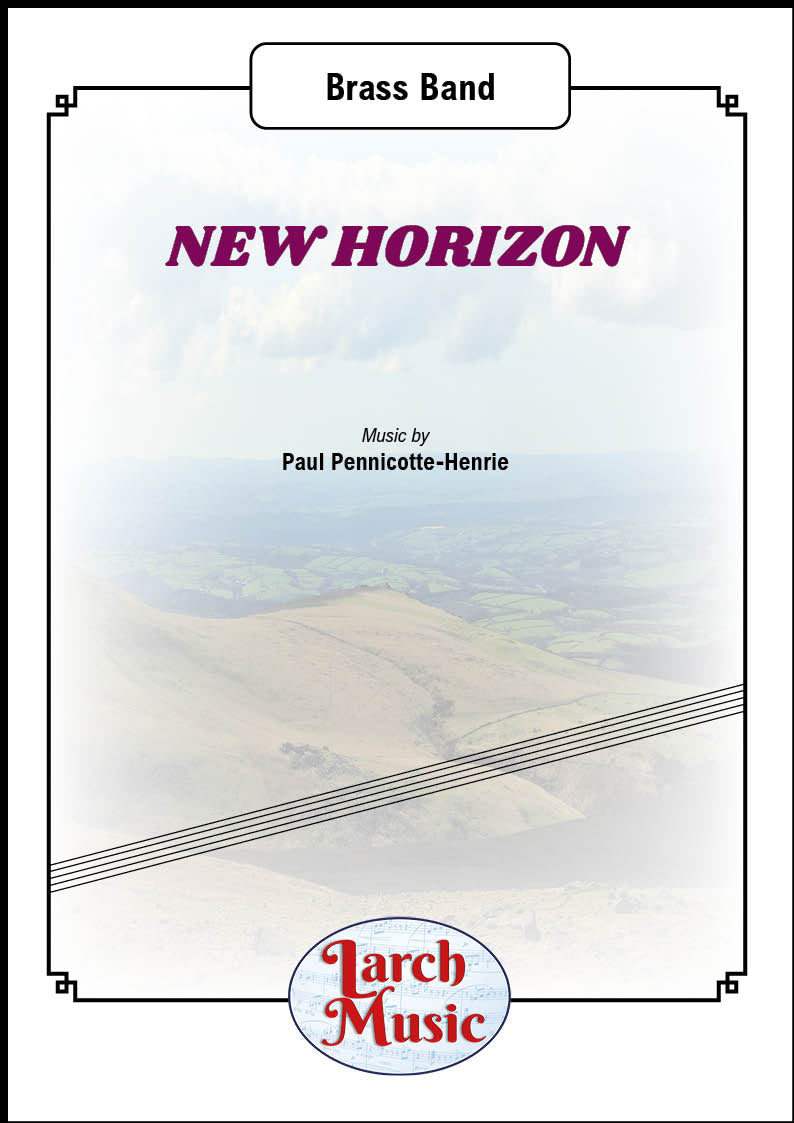 £25.00
£25.00New Horizon (Concert March) - Brass Band Sheet Music Full Score & Parts - LM935 - Paul Pennicotte-Henrie
COMPOSER: Paul Pennicotte-HenrieA great addition to the brass band repertoire from the pen of Paul Pennicotte-HenrieAn original march for a 4th section / communityband in a lively and upbeat style.Would suit for an own choice entertainment contest march
In Stock: Estimated dispatch 3-5 working days
-
 £45.00
£45.00The Hidden Soul of Harmony - Richard Rock
Written for Fitjar Skulekorps and performed at the Sotrafestivalen contest in Norway (2011). The work is inspired by Peter Graham's Windows of the World, Cry of the Celts and Call of the Cossacks to bring similar sounding works to a new generation of players.
Titles No Longer Available
-
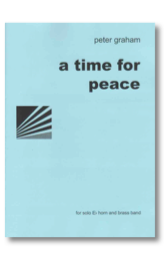 £41.95
£41.95A Time for Peace - Peter Graham
Also available as a solo for cornet or flugel horn and band, the composer fist made this arrangement of the theme from The Essence of Time especially for tenor horn. At a time when dark clouds are gathering, and life becomes increasingly hectic, it seems to offer solace and resolve. This new arrangement should quickly establish itself in the repertoire for concerts and entertainment contests.
Estimated dispatch 7-9 working days
-
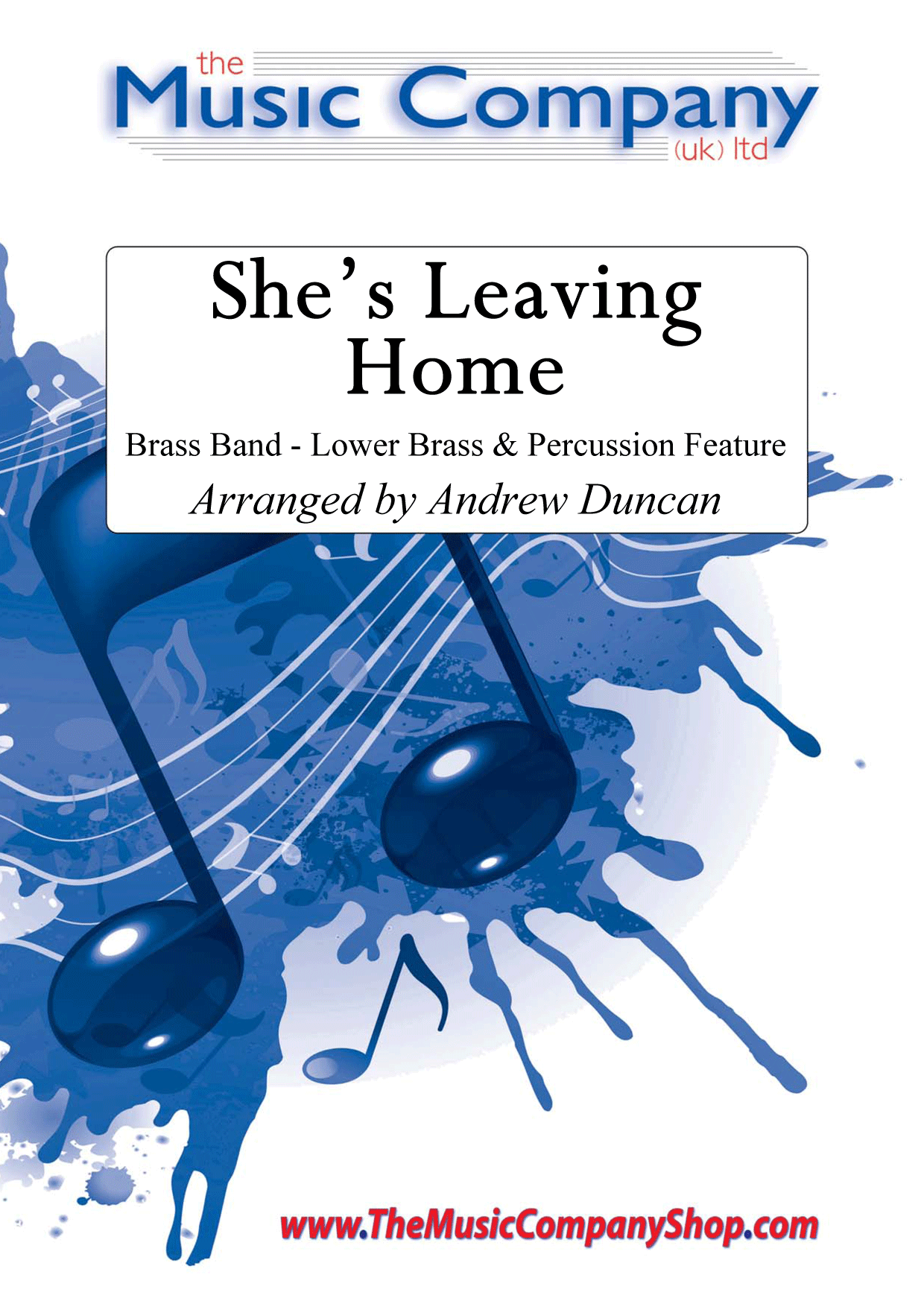 £30.00
£30.00She's Leaving Home - Lennon & McCartney
Taking this classic song of the Beatles to a new level, Andrew Duncan has arranged it for brass band, but giving the cornets a rest and instead featuring the beautiful sounds of lower brass and percussion.
In Stock: Estimated dispatch 3-5 working days
-
£45.00
A Christmas Festival - Anderson, L - Wilkinson, K
Keith Wilkinson has done a fresh new version of this Christmas classic from light music icon Leroy Anderson. So many different carols make an appearance, beginning with Joy to the World and ending with O Come All Ye Faithful and Jingle Bells simultaneously! Audiences will love it.3rd section +Duration 6 mins 30 secs
In Stock: Estimated dispatch 1-3 working days
-
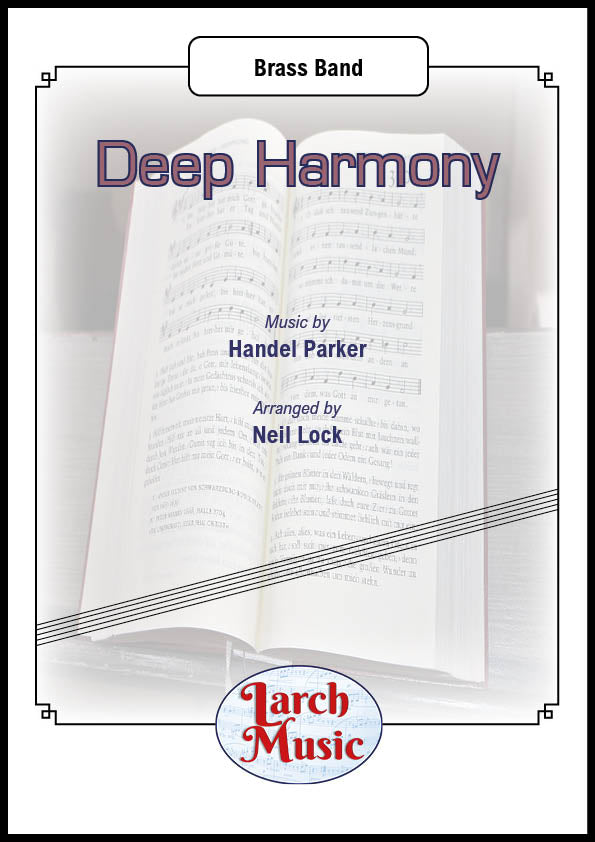 £25.00
£25.00Deep Harmony (Handel Parker arr. by Neil Lock) - Brass Band Sheet Music Full Score & Parts - LM670 - Handel Parker - Neil Lock
COMPOSER: Handel ParkerARRANGER: Neil LockThe popular hymn tune by Handel Parker treated to a new 3 verse brass band arrangementSuitable for most bandsLM671 - ISMN : 9790570006700
In Stock: Estimated dispatch 3-5 working days
-
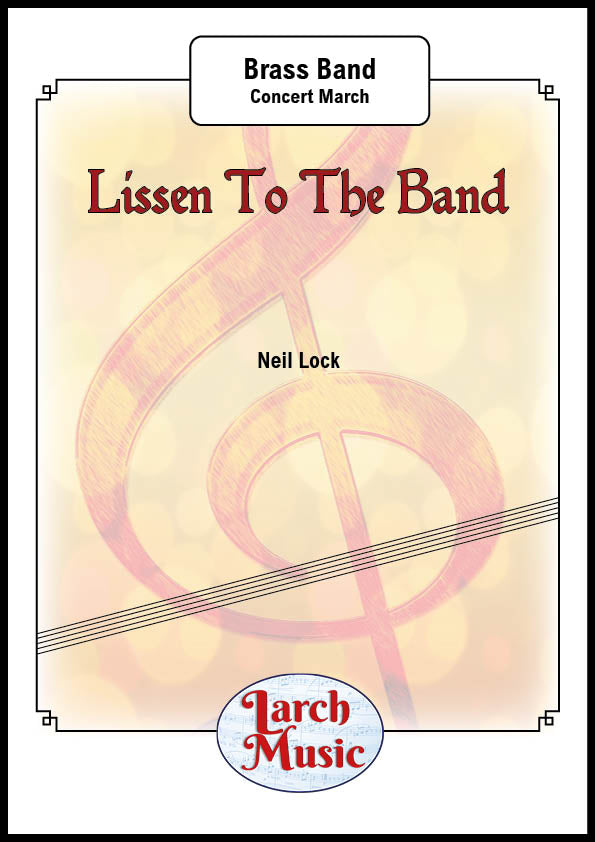 £25.00
£25.00Lissen To The Band (Concert March) (Neil Lock) - Brass Band Sheet Music Full Score & Parts - LM446
COMPOSER: Neil LockISMN : 9790570004461Written for the 40th anniversary of the Liss Band, 2014A grand new march for Brass BandSuitable Section 4 UpwardsLM446 - ISMN : 9790570004461
In Stock: Estimated dispatch 3-5 working days



